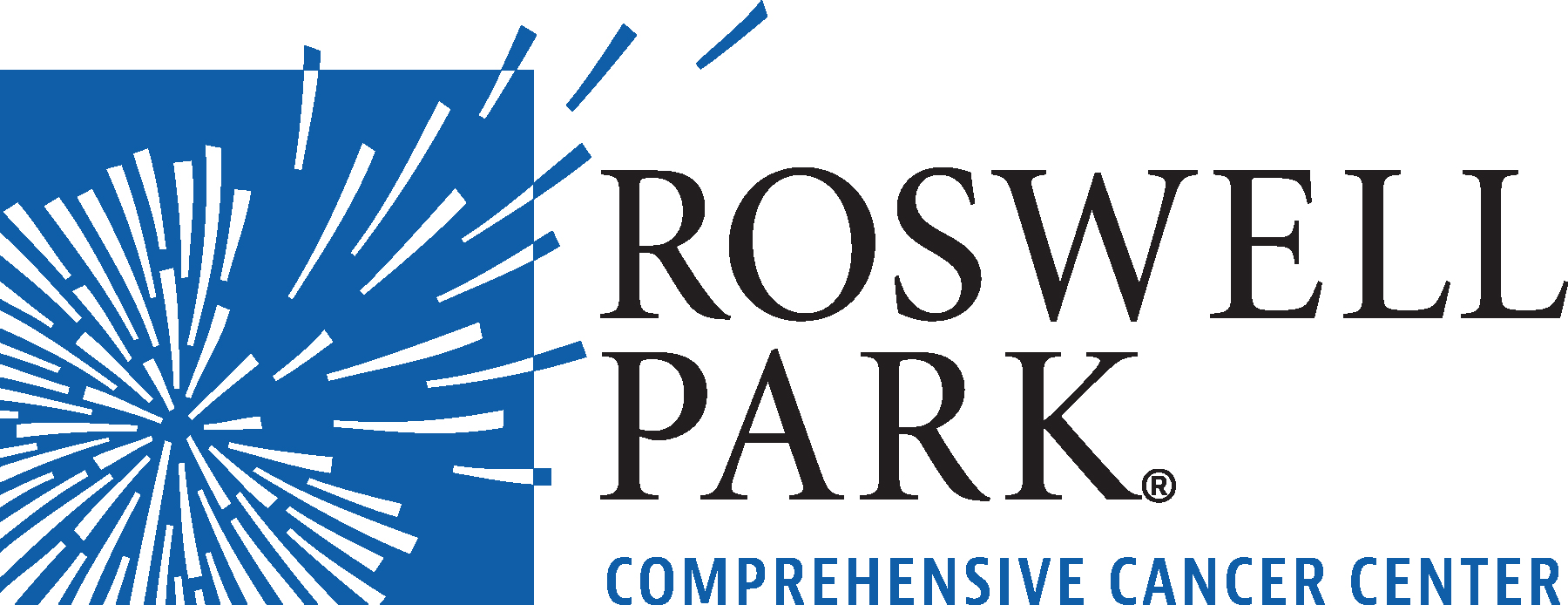- Team drew on largest dataset on use of immunotherapy in melanoma patients
- Pooled analysis of long-term outcomes in 1,500 patients shows promising results
- Now standard for most metastatic melanoma patients to get immunotherapy first
Newswise — BUFFALO, N.Y. — A new 10-year analysis led by Igor Puzanov, MD, MSci, FACP, Director of Early Phase Clinical Trials and Chief of Melanoma at Roswell Park Comprehensive Cancer Center and published today in the journal JAMA Oncology provides new insights into an important question: whether BRAF V600E/K mutation status or previous BRAF inhibitor (BRAFi) therapy with or without a MEK inhibitor (MEKi) affects response to pembrolizumab (brand name Keytruda) in patients with advanced melanoma.
This retrospective analysis of three randomized clinical trials (KEYNOTE-001, KEYNOTE-002 and KEYNOTE-006) involved 1,558 patients with advanced melanoma and known BRAF tumor status (BRAF wild-type or BRAF V600E/K-mutant melanoma) who had all been treated with pembrolizumab, some of whom had undergone prior treatment with BRAF inhibitors with or without MEK inhibitors.
Patients with BRAF wild-type and BRAF V600E/K-mutant melanoma had objective response rates (ORRs) of 39.8% and 34.3%, respectively, and similar respective rates of both 4-year progression-free survival (PFS; 22.9% and 19.8%) and overall survival (OS; 37.5% and 35.1%).
Patients with BRAF V600E/K-mutant melanoma who received previous BRAFi with or without MEKi had baseline characteristics with worse prognosis — lower ORR (28.4% vs 44.2%), 4-year PFS (15.2% vs 27.8%), and OS (26.9% vs 49.3%) — compared to those who had not received earlier targeted therapy.
The results of this study support the use of pembrolizumab for the treatment of advanced melanoma regardless of BRAF V600E/K mutation status or prior BRAF inhibitor, with or without MEK inhibitor therapy.
“Our findings confirmed the long-term, lasting benefits of pembrolizumab for patients with unresectable advanced melanoma and show that the effect is seen regardless of BRAF mutation status — and regardless of earlier treatment with a BRAF-targeting therapy,” says Dr. Puzanov, who is first author on the new publication. “Coupled with what we know from separate studies about nivolumab, we see a clear picture of the benefits immune checkpoint inhibitors have had for thousands of people with advanced melanoma over the last decade.”
Some 40% of patients with metastatic melanoma have BRAF mutations, meaning a particular gene and protein in their tumor cells is modified. Of that group, 90% have an activating BRAF mutation.
“Our long-term view provides evidence to support giving immunotherapy early in a patient’s treatment, before turning to targeted therapies. This course of treatment is now the standard of care, but this is important affirmation for this approach, which was not standard at the time these patients were treated,” Dr. Puzanov notes.
These study findings may help explain the striking decline in deaths from melanoma reported by the American Cancer Society (ACS) a few months ago. A January 2020 report from the ACS documented a 7%-per-year decline in the overall melanoma death rate between 2013 and 2017 in people ages 20 to 64.
“The study reinforces the fact that immunotherapy can significantly extend the life of patients with melanoma and even lead to cures,” Dr. Puzanov says. “But importantly, we also still see a role for targeted therapies. Having both of these treatment options at our disposal has helped to drive incredible progress against in a cancer type that was almost universally fatal a decade ago.”
The authors note that ongoing randomized controlled trials should support clearer and more specific conclusions about the optimal sequencing of these treatments.
Co-authors on this work include Antoni Ribas, MD, PhD, of the University of California, Los Angeles, Caroline Robert, MD, PhD, of Gustave Roussy, Paris-Sud University, and Omid Hamid, MD, of The Angeles Clinic and Research Institute. A full list of contributors can be found at the study link.
###
An online version of this release is available on our website.
Roswell Park Comprehensive Cancer Center is a community united by the drive to eliminate cancer’s grip on humanity by unlocking its secrets through personalized approaches and unleashing the healing power of hope. Founded by Dr. Roswell Park in 1898, it is the only National Cancer Institute-designated comprehensive cancer center in Upstate New York. Learn more at www.roswellpark.org, or contact us at 1-800-ROSWELL (1-800-767-9355) or [email protected].
MEDIA CONTACT
Register for reporter access to contact detailsRELEVANT EXPERTS
Igor Puzanov
Director of Early Phase Clinical Trials Program an
Roswell Park Comprehensive Cancer Center